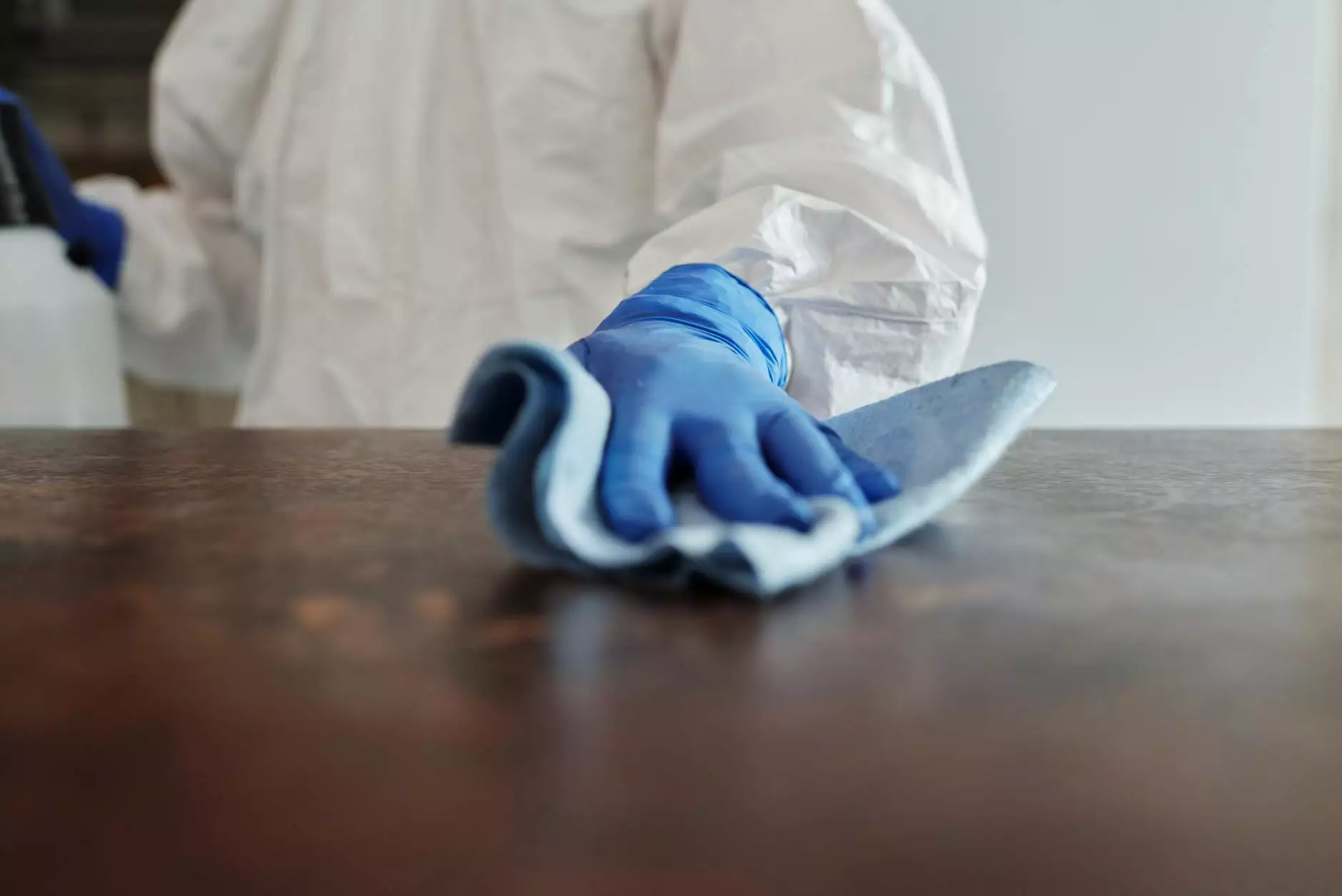Understanding the Role of a Lung Doctor in Your Health Journey

The respiratory system is one of the most vital systems in our body, powering our ability to take in oxygen and expel carbon dioxide. When issues arise within this system, consulting a lung doctor becomes imperative. This article will delve deep into the significance of lung health, the types of conditions lung doctors treat, and how they collaborate with specialists in health and medical fields, like sports medicine and physical therapy, to promote comprehensive health and wellness.
What is a Lung Doctor?
A lung doctor, also known as a pulmonologist, specializes in diagnosing and treating diseases and disorders of the respiratory system. Their expertise spans a range of conditions affecting not only the lungs but also the entire respiratory tract. Here are some key aspects of a lung doctor’s role:
- Diagnosis: Utilizing advanced diagnostic tools such as bronchoscopy, pulmonary function tests, and imaging studies.
- Treatment: Administering treatment plans that may include medications, therapy, or surgical interventions.
- Education: Providing valuable information on preventing lung diseases and managing chronic conditions effectively.
Common Conditions Treated by a Lung Doctor
Lung doctors address a myriad of conditions. Understanding these can help you recognize when it’s time to seek their expertise:
1. Asthma
Asthma is a chronic condition characterized by the inflammation and narrowing of airways. A lung doctor can help manage asthma through a combination of medications and trigger management strategies, ensuring patients lead healthy lives.
2. Chronic Obstructive Pulmonary Disease (COPD)
COPD is a progressive disease often caused by smoking, leading to breathing difficulties. Early intervention and continuous management by a lung doctor can significantly improve quality of life for COPD patients.
3. Lung Infections
Conditions such as pneumonia or tuberculosis require prompt medical attention. A lung doctor is equipped to provide the necessary treatments, including antibiotics or antiviral medications, to combat these infections.
4. Interstitial Lung Disease
This group of diseases affects the tissue and space around the air sacs of the lungs. A thorough examination by a lung doctor is essential for diagnosis and treatment, which may include medications or oxygen therapy.
5. Lung Cancer
Detection and treatment of lung cancer demand the specialized skills of a lung doctor. They work as part of a multidisciplinary team to ensure that patients receive comprehensive care, from diagnosis through treatment and aftercare.
The Importance of Early Detection
Visiting a lung doctor at the first signs of respiratory issues is crucial. Early detection of lung diseases can lead to more effective treatment and a better prognosis. Here are some of the benefits:
- Improved Outcomes: Identifying conditions in their infancy can vastly improve treatment outcomes.
- Tailored Treatment Plans: Early intervention allows for personalized treatment approaches that cater to individual patient needs.
Collaboration Between Specialists
Healthcare is increasingly moving towards a collaborative model. Lung doctors frequently work with other specialists, especially in fields like sports medicine and physical therapy, to provide comprehensive care:
1. Connection with Sports Medicine
For athletes or active individuals, lung health is crucial for optimal performance. Sports medicine specialists and lung doctors can collaborate to develop tailored exercise plans that consider respiratory conditions, thereby enhancing both cardiovascular fitness and lung function.
2. Synergy with Physical Therapy
Physical therapists play a vital role in rehabilitation for patients with chronic lung conditions. Lung doctors may recommend physical therapy to improve lung capacity and overall physical health, assisting patients in managing their conditions better.
Pediatric Considerations: When to Consult a Lung Doctor for Your Child
Respiratory issues in children can differ significantly from those in adults. Conditions like childhood asthma or respiratory infections require specialized attention from a lung doctor. Here are key points for parents:
- Regular Check-Ups: Keeping routine check-ups can help identify potential issues before they escalate.
- Avoidance of Triggers: Learning about triggers for respiratory issues and managing them proactively can greatly benefit children.
Developing a Comprehensive Care Plan with Your Lung Doctor
Working with a lung doctor involves more than just addressing immediate respiratory concerns; it encompasses developing a holistic care plan. Patients should engage actively in these discussions, considering the following:
- Sharing Symptoms: Be honest about your history, symptoms, and any lifestyle factors that could impact your lung health.
- Acknowledging Medical History: Discuss previous illnesses, medications, and family history of lung diseases.
- Setting Health Goals: Clearly define what you hope to achieve, be it symptom relief or improved lung function.
Prevention: Keeping Your Lungs Healthy
Prevention is a powerful strategy in maintaining lung health. Here are some critical measures you can adopt:
1. Avoid Smoking and Pollutants
Avoiding smoking and exposure to second-hand smoke, chemicals, and environmental pollutants significantly reduces the risk of developing many lung diseases.
2. Regular Exercise
Engaging in regular aerobic exercise helps strengthen the respiratory muscles and improve lung capacity. Consulting with a lung doctor before starting a new exercise regimen, particularly for those with pre-existing conditions, is often beneficial.
3. Healthy Diet
A diet rich in antioxidants and anti-inflammatory foods supports overall lung health. Foods like berries, nuts, and leafy greens can provide essential nutrients.
4. Regular Check-ups
Annual or biannual visits to a lung doctor can help catch any abnormalities early, leading to proactive management.
Conclusion: The Path to Optimal Lung Health
In summary, the role of a lung doctor is pivotal in navigating respiratory health challenges. From diagnosing complex conditions to collaborating with specialists in sports medicine and physical therapy, their expertise is invaluable. Ensuring that you prioritize your lung health through prevention, early intervention, and regular check-ups can make a significant difference in both quality of life and overall wellness. Remember, your lungs are essential for your vitality—take care of them with the guidance of a qualified lung doctor from Health & Medical, Sports Medicine, and Physical Therapy professionals.









